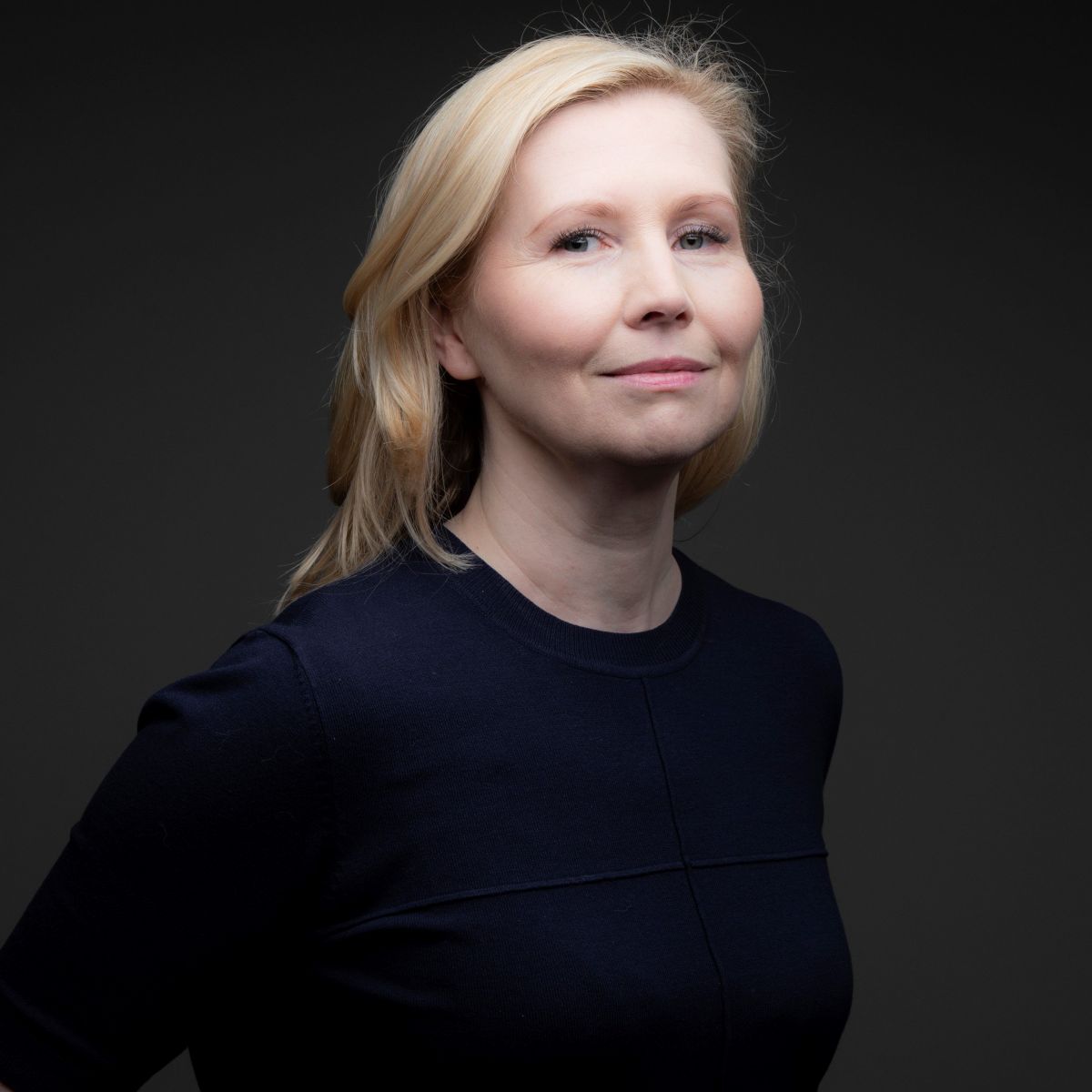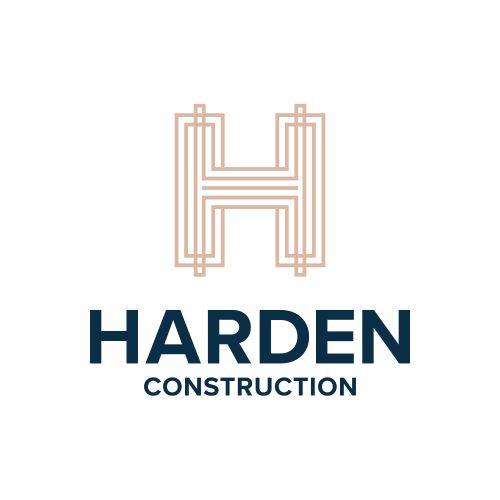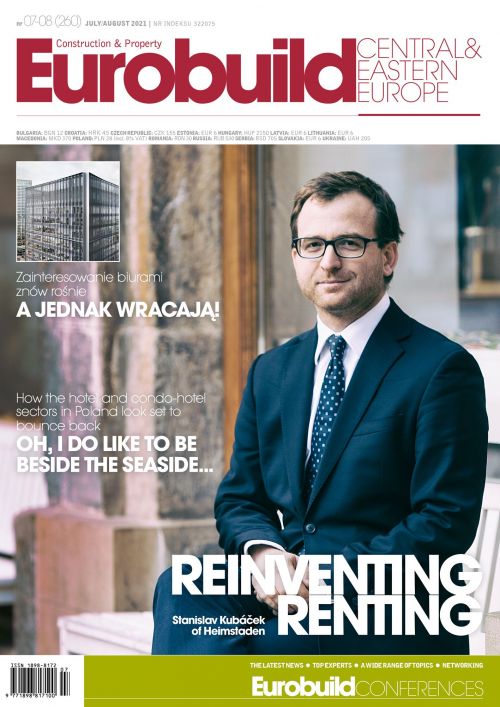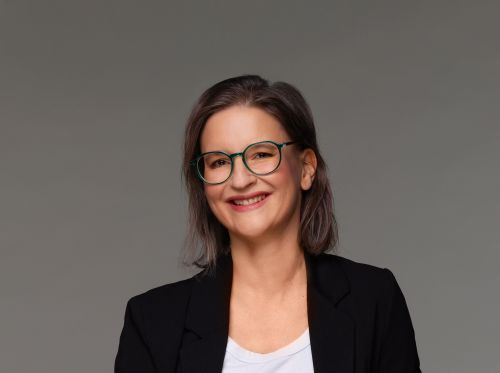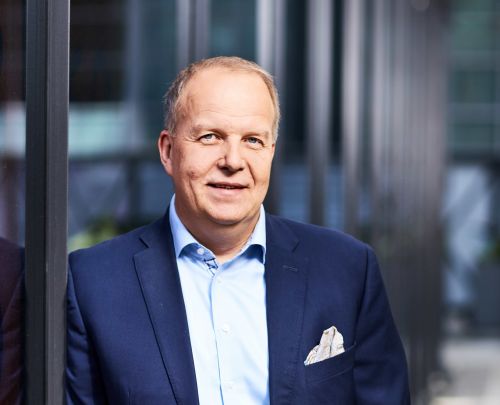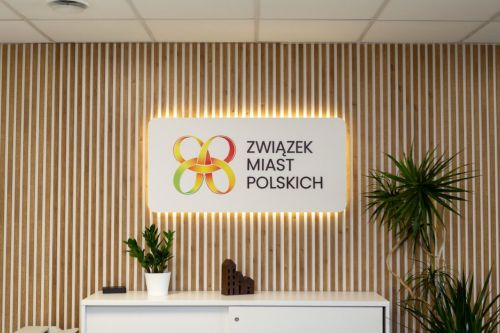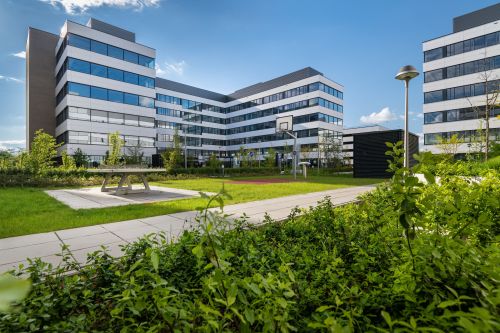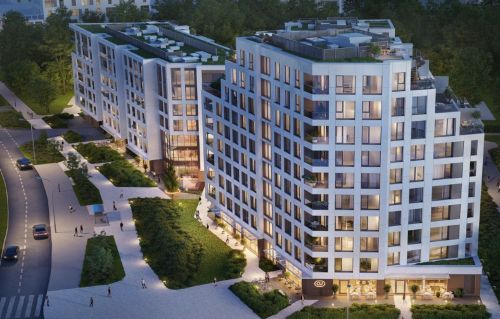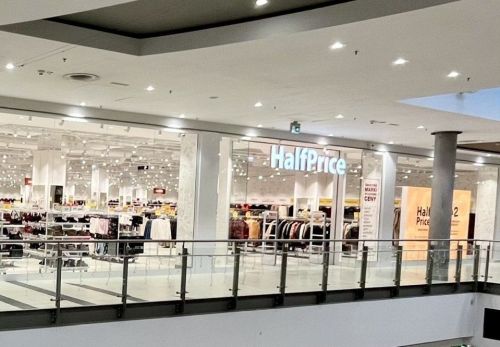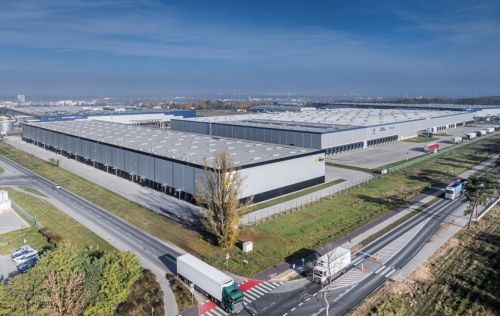You’ve now completed your first transaction in this country. Is the purchase of a boutique office with a single tenant a sign of how MNK Partners plans to expand in Poland? What kind of assets is your company particularly interested in?
Małgorzata Cieślak-Belgy, investment director, MNK Partners: The office building on ul. Połczyńska in Warsaw was indeed our first purchase, but I wouldn’t say that its format tells you anything about how MNK partners is to expand into Poland. All the time, we’re looking for attractive assets and have such a diversified strategy that in principle we can invest in any segment of the market. If it’s to be a single tenant building that tenant has to be very strong with a good financial standing and a lease term of many years, which was exactly the case with the Warsaw building. MNK Partners manages two dividend funds, one of which, Polska by MNK, will focus on Poland but can also invest in other CEE countries.
Well, I’
